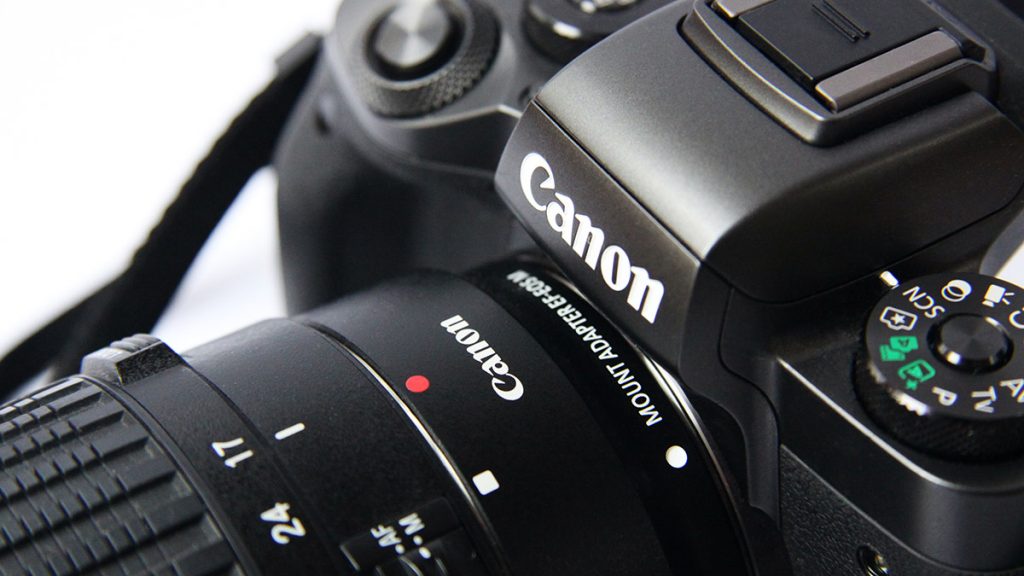Smartphones are evolving rapidly every year and with them, the quality of cameras within the smartphones. While Apple and Samsung traditionally rule the roost, there are many other brands nipping at their heels.
And when it comes to smartphone camera technology, some are offering cameras as high as 200 megapixels now. For context, the original iPhone only had a two-megapixel camera, so we’ve come a long way since 2007!
Even given the progress that’s been made, there are still many people who choose a more traditional path to capturing priceless memories— but is it still worth buying a digital camera? Here are some of the key factors to take into consideration when deciding whether or not to buy one.
Image quality
It’s widely agreed that the best digital cameras available today, produced by brands like Nikon, Sony and Canon, will all produce higher quality images than a smartphone. But what does that actually mean?
Essentially, the size of the image captured is larger and of higher resolution due to the sensor within a digital camera. The shutter speeds in digital cameras are also much quicker than smartphones, meaning there is less potential blurring. But another big difference is the zoom. Computational zoom, like what’s in the best digital cameras, won’t go grainy like digital zoom that’s found in cheap digital cameras or smartphones.
More control
When you use a digital camera there are more customisable settings to play around with than a standard smartphone. So, before you even take the photo you have more control over what’s going to come out on the other end.
If you’re someone that likes to play around with serious photo editing, having a proper DSLR (digital single-lens reflex) or mirrorless camera will allow you to shoot ‘RAW’ files, which are almost the opposite of a smartphone image that has automatic touch ups and compression applied.

Without getting too technical, a RAW image has minimal processing and is a huge, high-resolution file. This means when you’re editing it you can play around with lighting and other editing techniques without distorting the quality.
To be fair, there are some easy-to-use customisable features on phone cameras that your digital camera probably won’t have, such as the “Live Focus’ feature, where you can change the focus point of a photo after you’ve taken it. So it’s worth thinking about what types of features you’ll actually make use of.
Storage
Obviously, your phone is more than just your camera roll — and that means the storage isn’t solely dedicated for your photos and videos. While many phones have a good amount of storage and there are cloud-based solutions available it’s normally going to be a whole lot easier to store a tonne of high-resolution photos and videos on SD cards that are compatible with most digital cameras. They’re relatively cheap and you can have a whole stack on hand to ensure you never run out of space.
Convenience
This is one of the more obvious ones, yet still an important factor. Unless you’re undergoing a digital detox, it’s quite likely your smartphone is always glued to your body (or not far away). This means it’s super convenient for you to whip it out and take a photo without much prep or planning.

It’s also compact and light, so if you’re travelling or wanting to take photos outdoors in the elements, you won’t have to lug a big, heavy camera around, worry about taking lens caps off, or bringing along extra SD cards and battery packs. A middle ground option is choosing a compact digital camera, of course.
Cost
Most people already have a smartphone, so no additional money needs to be spent to capture photos this way. On the other hand, a digital camera is always going to be an additional out of pocket expense. But what is the best budget digital camera? Officeworks have some great options you should check out for under $200 dollars. But keep in mind, a base model DSLR from a specialised camera store can commonly cost closer to $1,000.
What are you going to use it for?
This is probably the most important question to ask yourself — what are you going to use both the camera AND the photos for? Are they just happy snaps or are you capturing an important event or once-in-a-lifetime holiday?
If you’re looking to go on a multi-day hike or will be somewhere where charging multiple devices will be tricky, taking a digital camera may not be the easiest feat, so think about the practicality of the situation.

Ultimately, if you only plan on posting the photos on Instagram, you simply don’t need the level of quality and customisation that photos from a digital camera offer.
However, if you plan on printing or enlarging your photos significantly or are shooting for a specific style, then it’s worth investigating what level of image quality you would want for your prints and determine whether your faithful smartphone is really up to the task.
If you want to get your computer set up for photo editing, you can book Geeks2U online! We can help ensure you’ve got the right setup and software for creating visual masterpieces.




